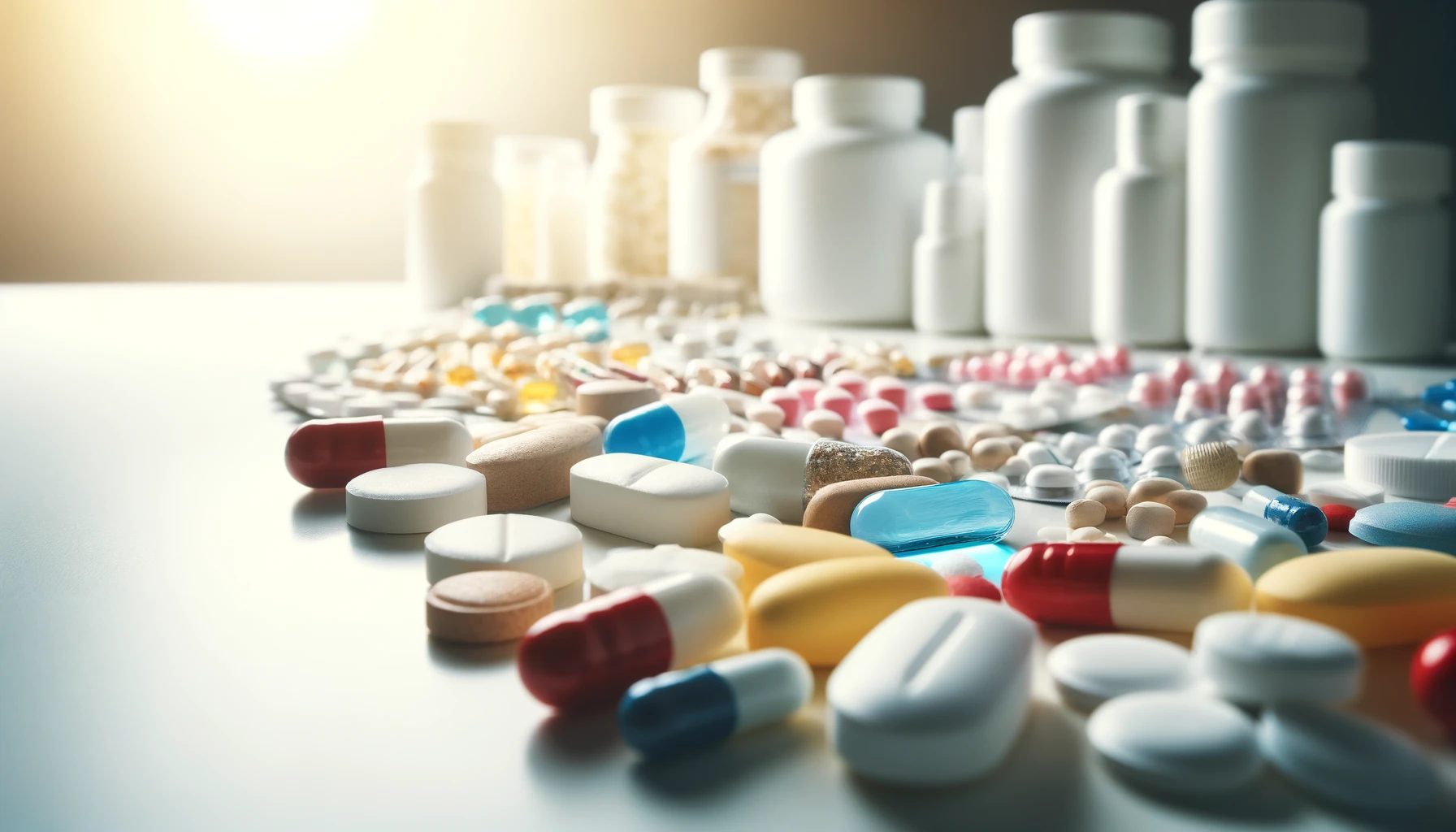Cybin's Psychedelic Treatment for Depression Shows Promising Long-Term Results Despite Challenges

Cybin's long-term study results for their psilocybin-derived compound, CYB003, show promising outcomes for the treatment of major depressive disorder (MDD). After 12 months, seven participants who received two 16 mg doses experienced an average improvement of 23 points on the Montgomery–Åsberg Depression Rating Scale, with a response rate of 100% and 71% of them achieving remission[1][2]. No new adverse events were noted, which aligns with earlier data that reported no treatment-related adverse events after taking doses of 12 or 16 mg[1]. Although the study size raises questions about the generalizability of the results, the data have temporarily boosted Cybin’s stock and paved the way for placebo-controlled Phase III trials[2].
References
Explore Further
What potential challenges could Cybin face during the placebo-controlled Phase III trials for CYB003?
How does the outcome of Cybin's trial for CYB003 compare to other treatments for major depressive disorder?
What are the implications for the broader biotech industry if Cybin's CYB003 therapy is successful in Phase III trials?
How might FDA feedback impact the future development of CYB003 and Cybin's strategy moving forward?
What measures is Cybin taking to address the small size and lack of placebo group in their Phase II trial?